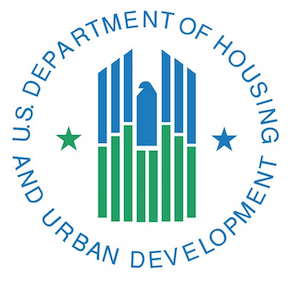
The U.S. Department of Housing and Urban Development could face a budget cut of as much as $6 billion (14%), affecting low-income seniors, developers of affordable housing and others, under the fiscal year 2018 budget proposal that President Donald Trump is expected to send to Congress next week, according to the National Low Income Housing Coalition.
The organization cited an overview of early drafts published by the Washington Post as well as information from other sources.
“We cannot afford to balance our budget on the backs of low-income people,” NLIHC President and CEO Diane Yentel said in a statement.
The proposed cuts would eliminate block grants for community development and housing production, reduce resources to repair and rehabilitate public housing developments by two-thirds and result in more than 200,000 losing support via the Housing Choice Voucher rental assistance program, Yentel said.
“There is a national shortage of 7.4 million homes affordable and available to the lowest-income people in this country. Today, just one in four low income people in need of assistance, including seniors, people with disabilities, families with children and veterans, get the help that they need,” she said. “In light these considerations, these suggested cuts are unconscionable and unacceptable.”
The NLIHC and its Campaign for Housing and Community Development Funding issued a report earlier this week, titled “A Place to Call Home: The Case for Increased Federal Investments in Affordable Housing,” in response to the threat of cuts to HUD and Agriculture Department programs. The report includes HUD and USDA data as well as more than 100 examples of people and communities that have been positively affected by federal affordable housing investments.
Congress should lift spending caps while maintaining funding parity between defense and nondefense programs and should ensure the highest level of funding possible for affordable housing programs, the groups said.
The low spending caps required by the Budget Control Act of 2011 already have reduced federal investments in affordable housing significantly, Yentel said. “Funding to HUD was already $4.3 billion — or 8.4% — lower in 2016 than in 2010, adjusted for inflation,” she said. Programs related to housing for the elderly and people with disabilities have been among the hardest hit by the cuts, losing $641 million, according to the report.



